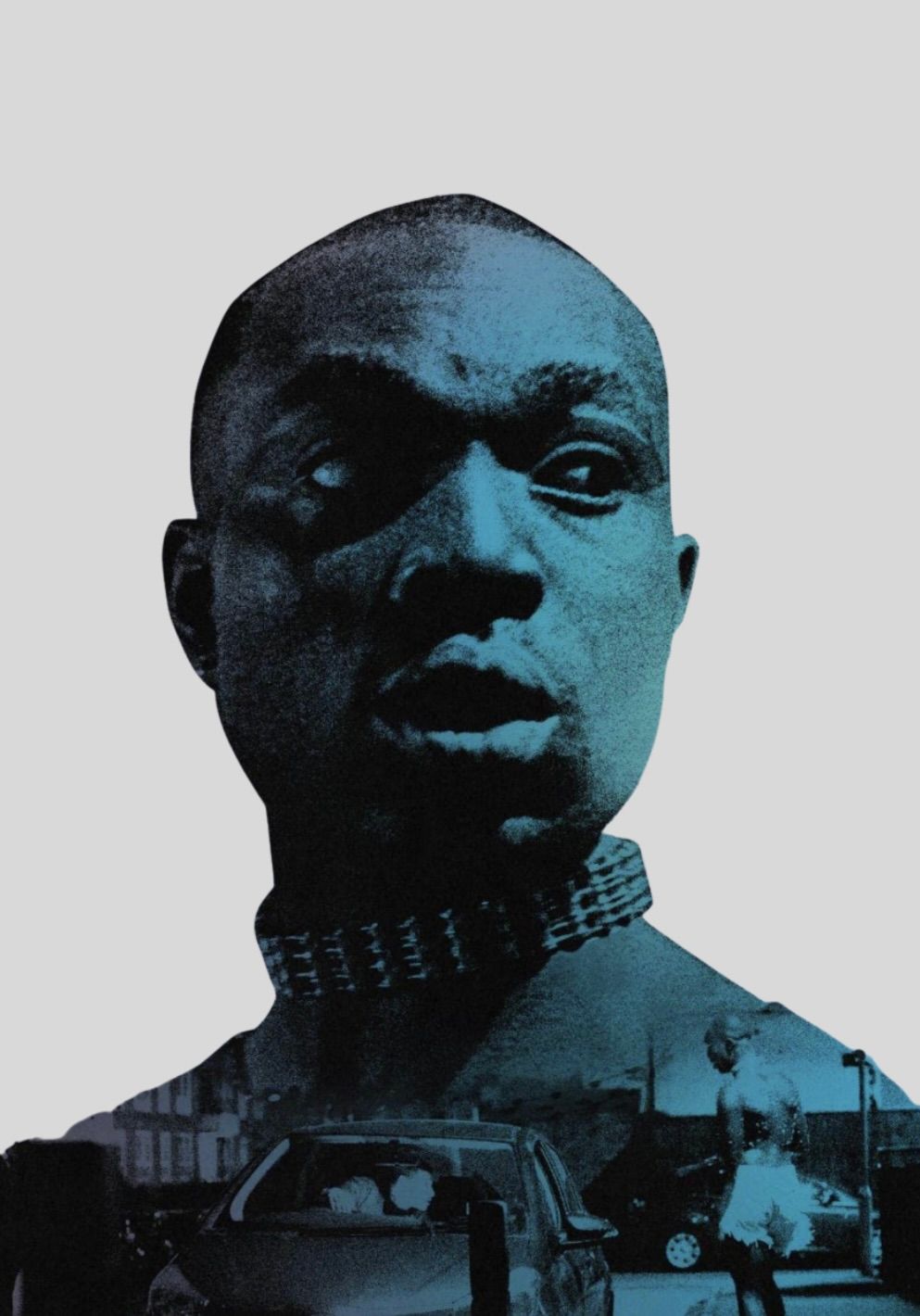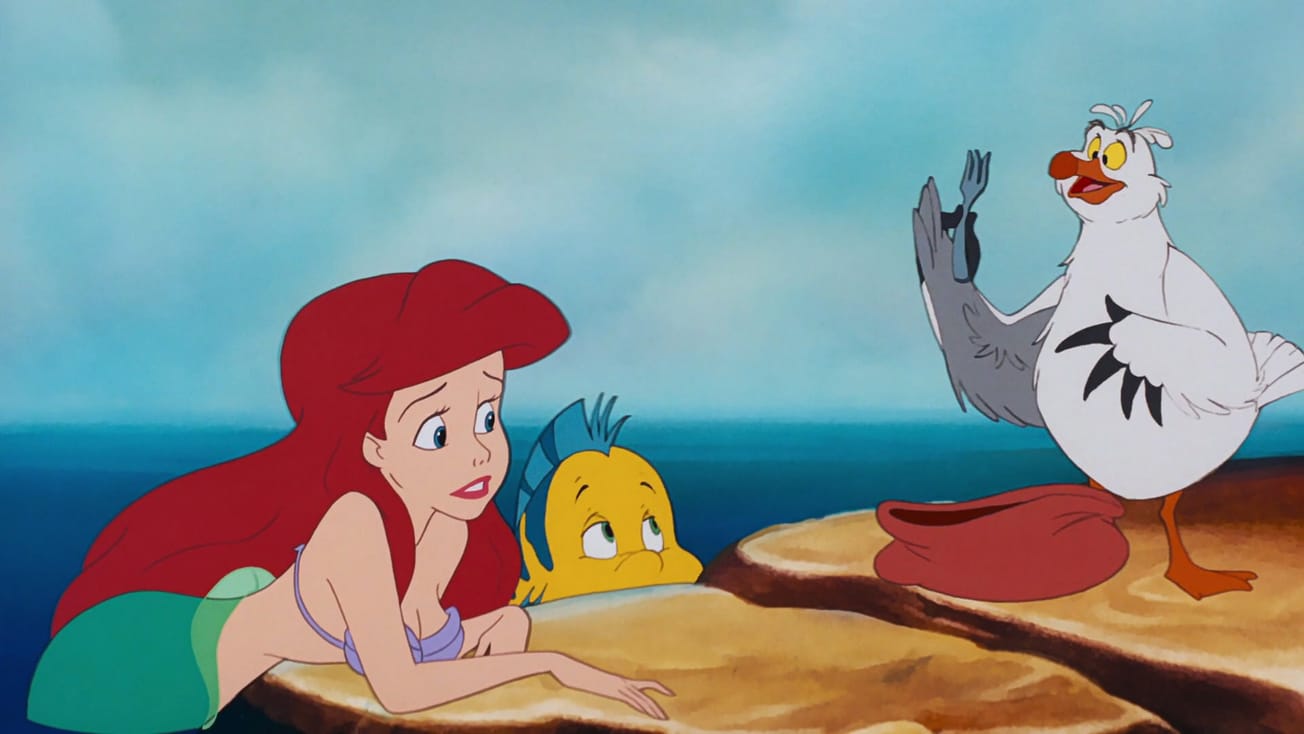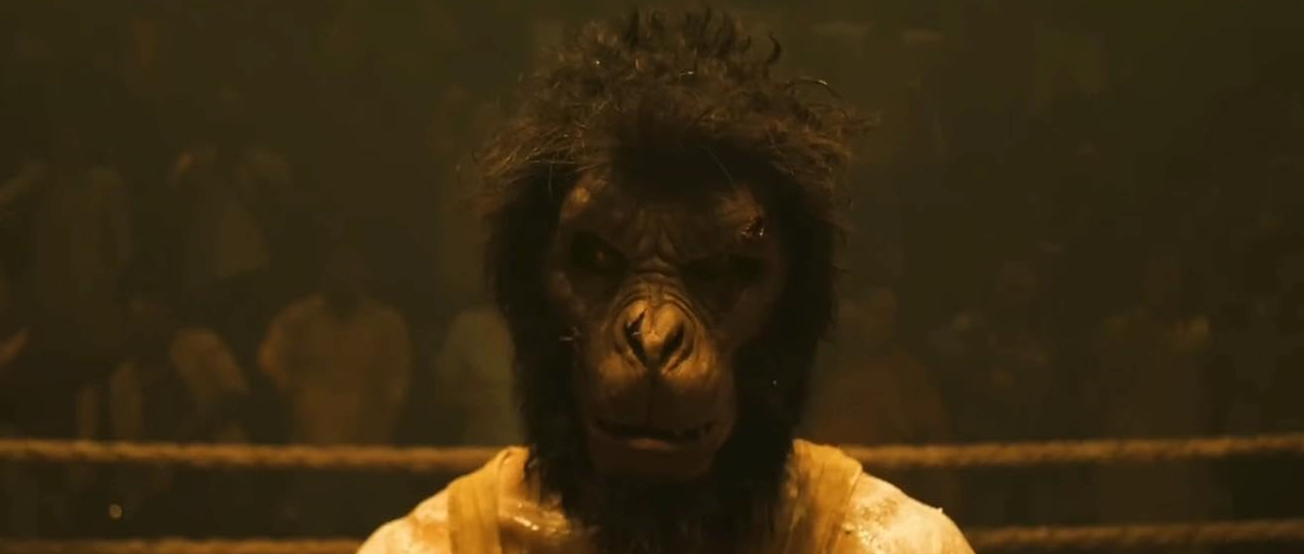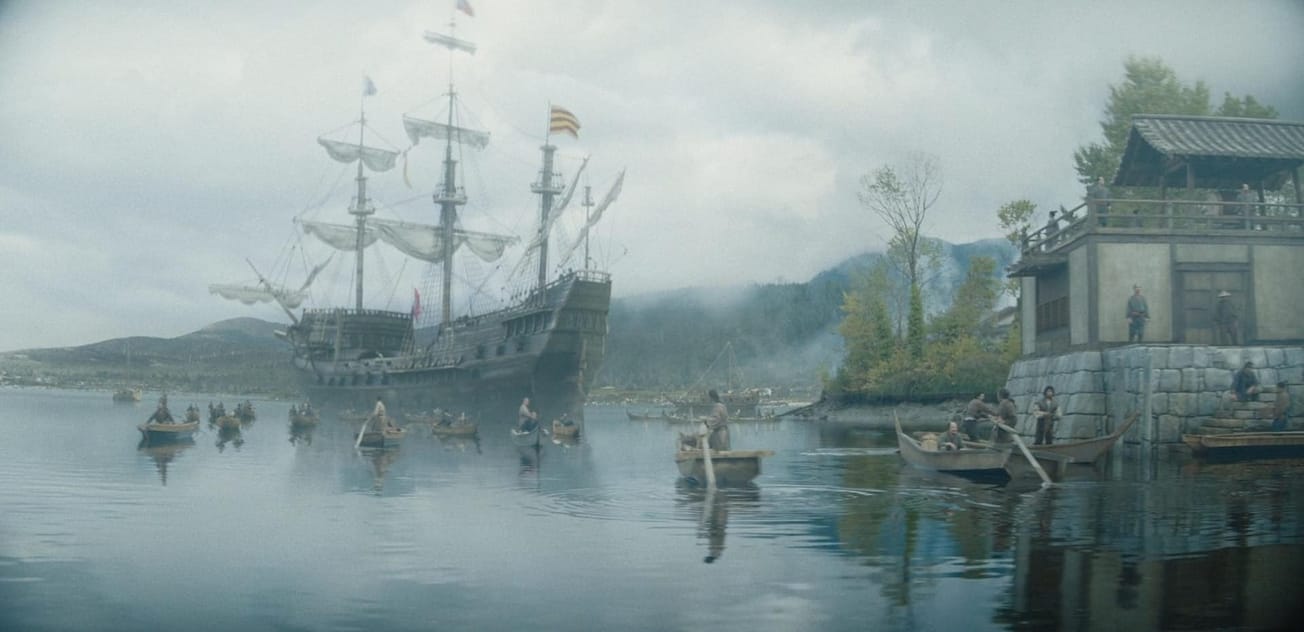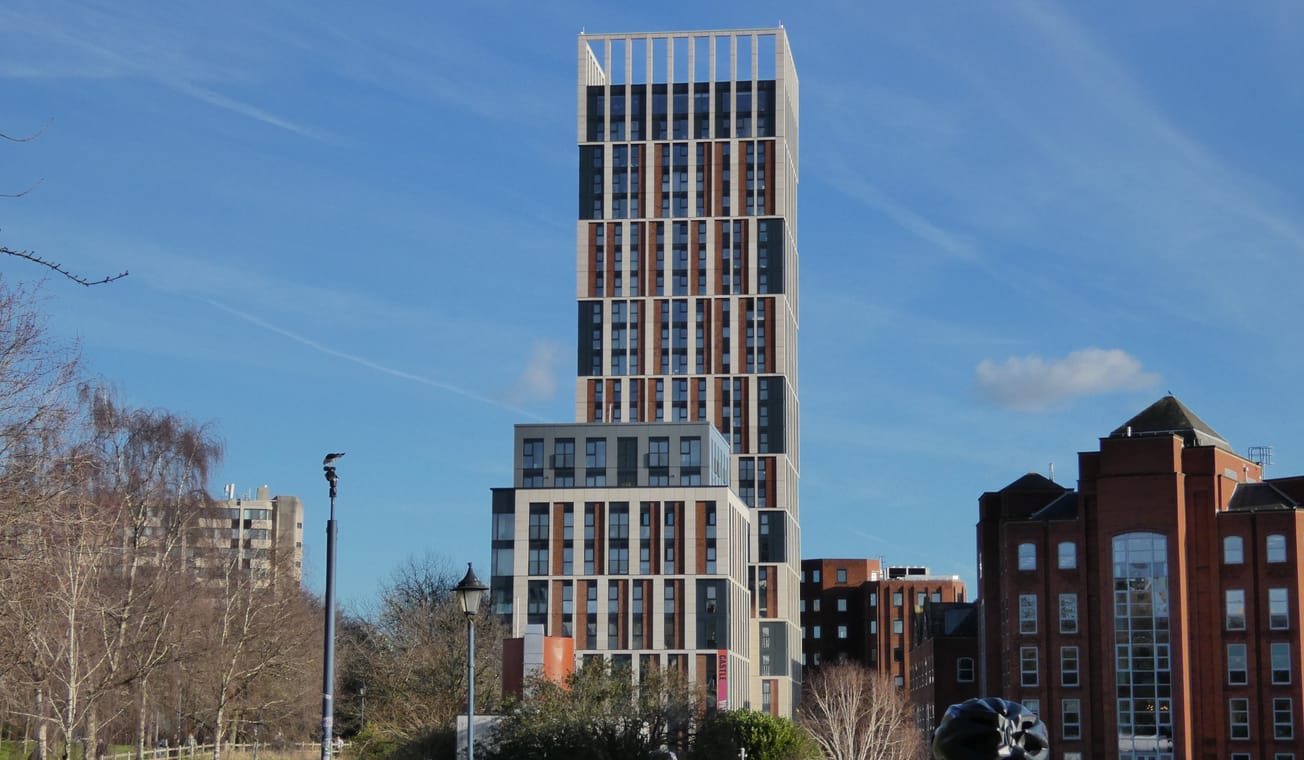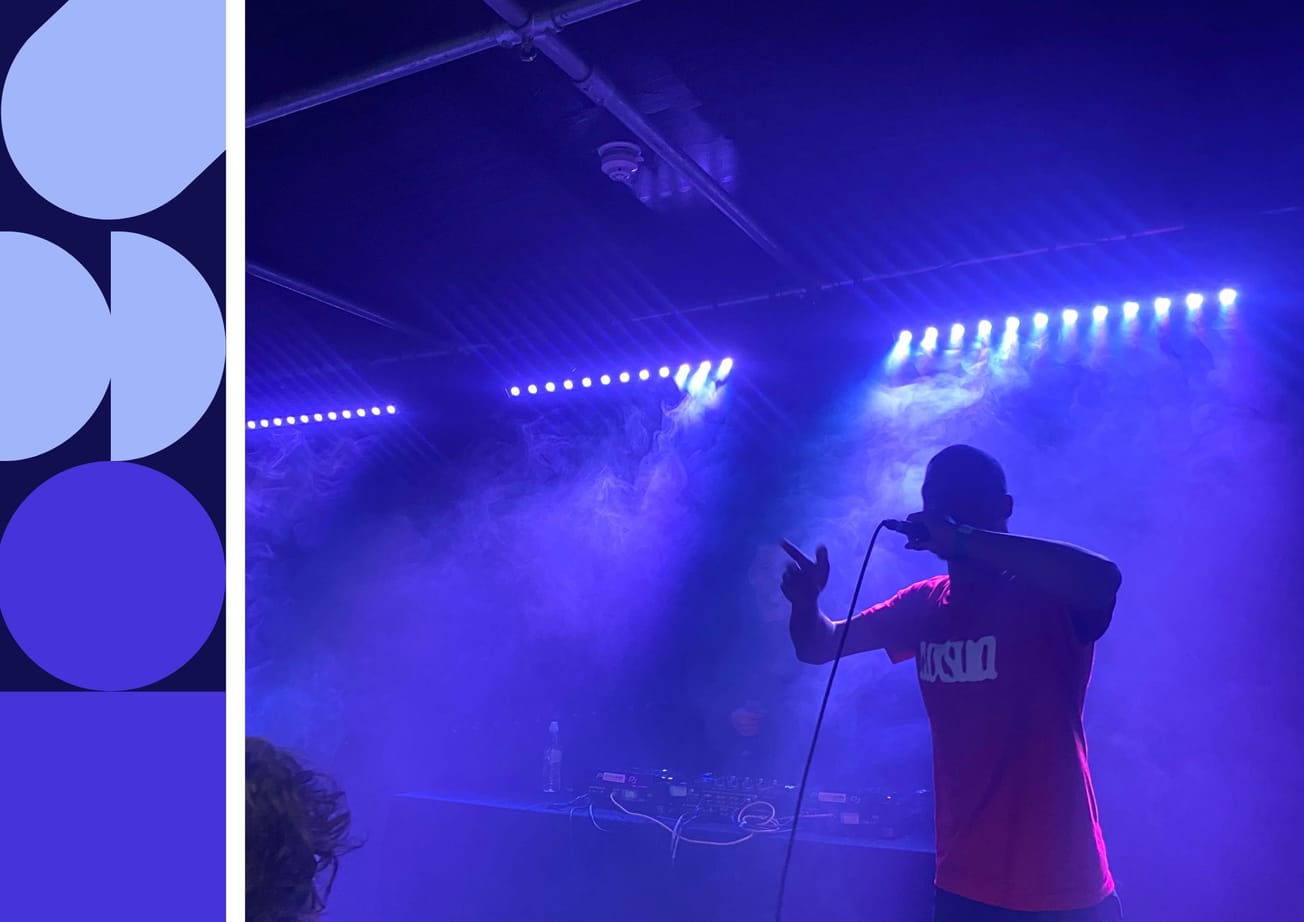By Ben Carpenter, Film & Television Editor
Nominated for Best Short Fiction Film at this years BAFTA awards, I sat down with queer thriller Femme's writers and directors, Sam H. Freeman & Ng Choon Ping.
Ben: So first of all, when looking into your inspirations for the film, there was a key word used several times, that being ‘heterophobia’ - Could explain that in more detail?
NG: It’s a minority’s nervousness and trying to fit in. Is fitting in a betrayal of self? How are people going to accept me if I am myself? It’s a fear that queer people have in exclusively or aggressively straight spaces. Straight people can show affection to each other openly and it’s the norm, but if queer people show affection openly that’s somehow political. So it’s all these things that fold into this feeling that although no one’s doing anything to you, just being in that space makes you feel uncomfortable as a queer person, like there are some hidden rules that you could break.
Sam: It’s a discomfort. It’s a really interesting word I think because of course phobia means fear. When we hear the word heterophobia we almost immediately compare it to homophobia, which we don’t think of as being a fear of gay people but as a hatred or bigotry. Straight people hear the word heterophobia and hear “oh, you hate us”. But it’s not the same as homophobia. Homophobia is the only phobia we can read as not being a pathological fear, whereas heterophobia is that. You can see that in Wes’ (Harris Dickinson) behaviour, that is indicative of his fear about himself. It’s a combination of what you do to yourself and what others do to you.
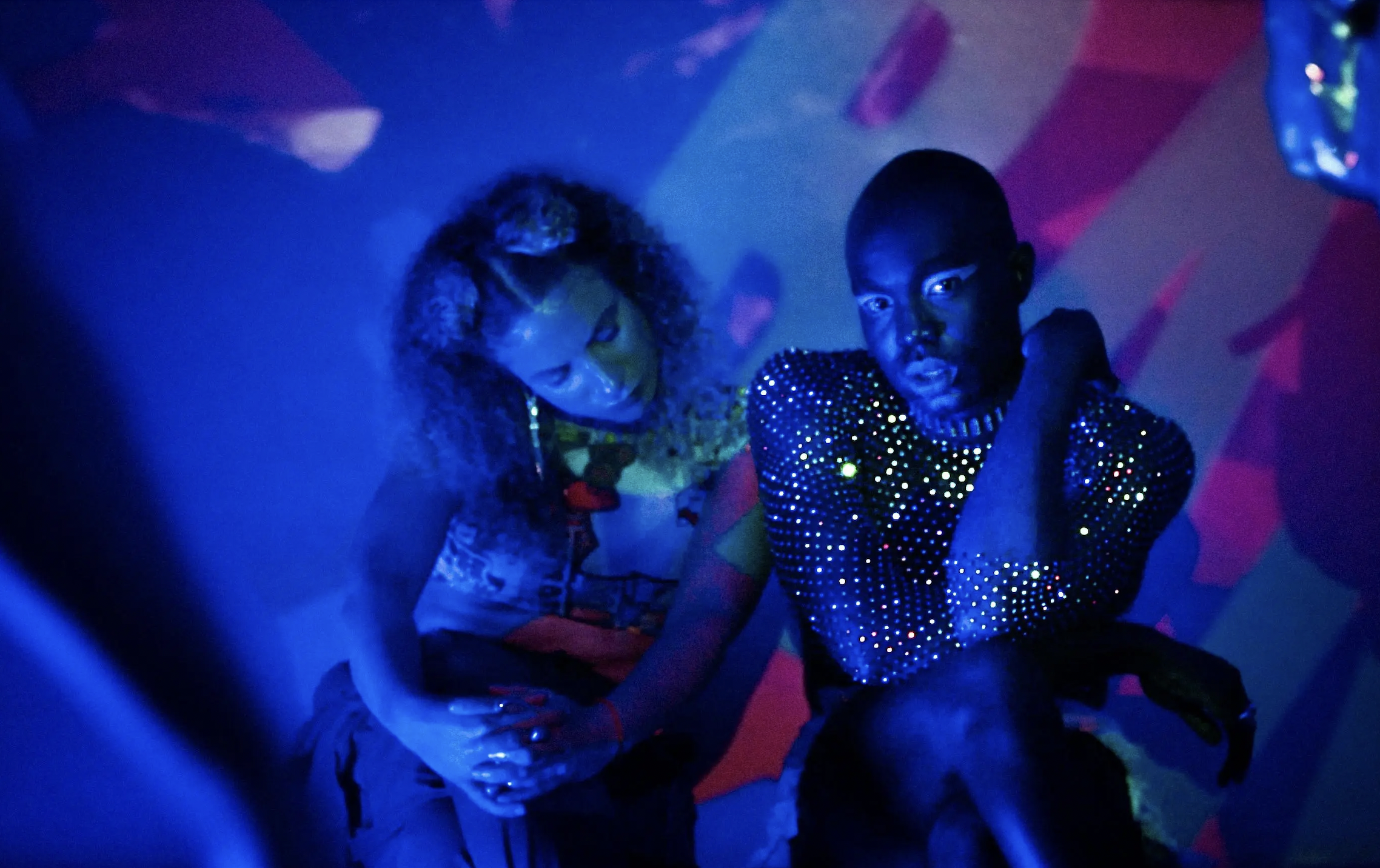
Ben: Whilst films such as John Wick (2014) are quick to come to mind in terms of visual design, what other films influenced your stylistic and narrative choices?
Sam: Good Time (2017) was our big aesthetic influence and in a way our genre reference. That was what we looking as we were thinking “we love these movies, but there never seems to be any space for a queer perspective in this genre. We never see ourselves in these films and if we are we’re the big funny type of characters. Whilst the film developed as we went along we initially thought we wanted to take the [thriller] genre and flip it.
Ben: How did the writing process feel for you both and was writing as a duo difficult?
Sam: So we plot really thoroughly together at the beginning and that’s the main part of the work. Whilst there is of course a skill to dialogue, if you really know what it is that you’re trying to say, then the writing becomes a lot simpler. We spent a lot of time in a room discussing and thinking things over and then we’d go away and come back and debate and debate. With it being a short also it was quite easy as we just sat down together and did it in about a day and a half. With other projects that are longer we work really really hard at structuring the story and that makes everything else a lot easier.
Ben: So would you typically write in the same space together and then take things away and come back?
Ng: Yes or we would do it over zoom. We have a software called Writerduet
Sam: Shall we plug writerduet now? It’s kind of like google docs but for scripts, which means we can be completely remote. There’s an app and a subscription available and you can both access it and type in in real time.
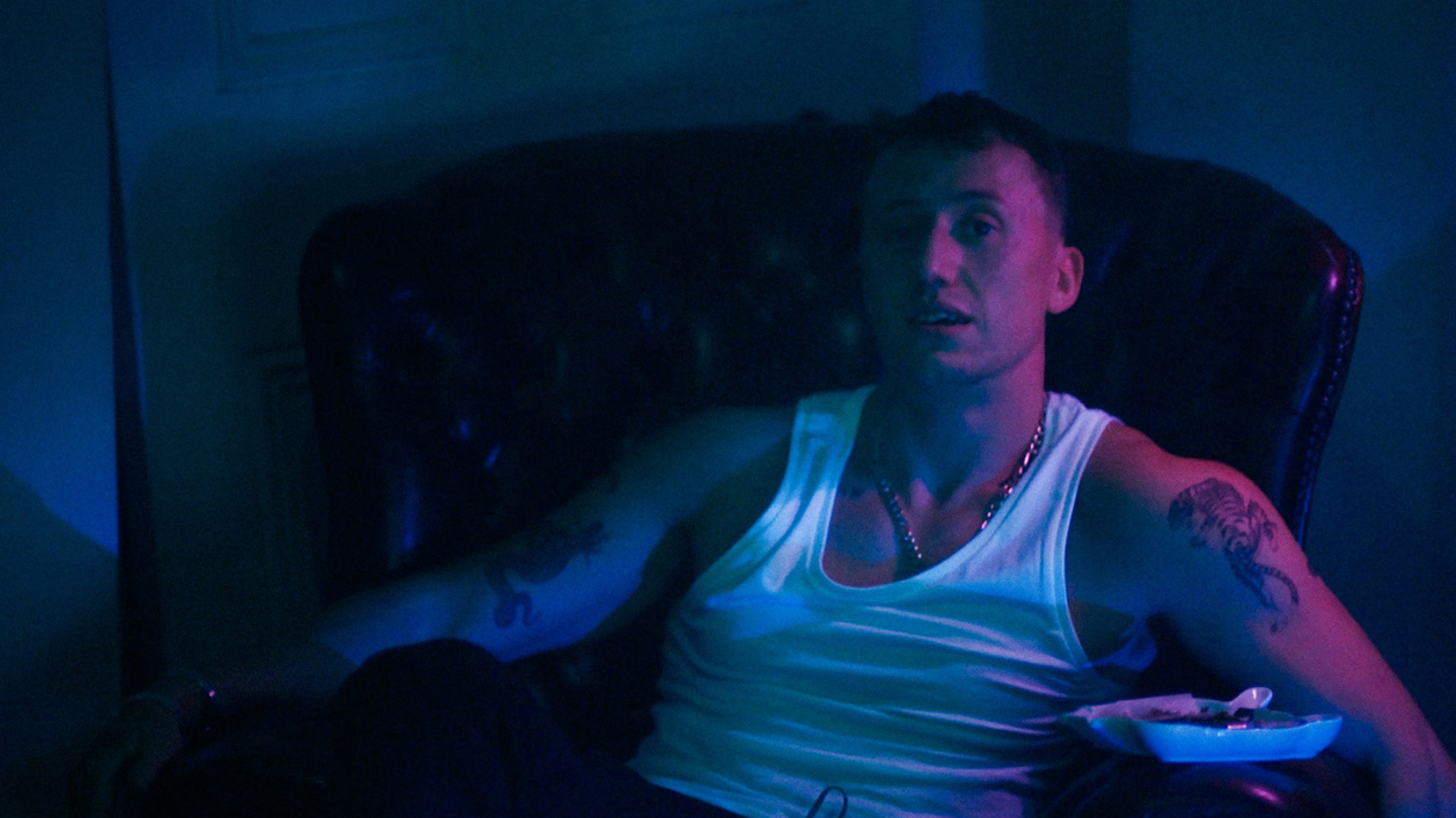
Ben: What would you say are the most important themes or the biggest takeaway of your film for your audience?
Sam: On one level it can be the kind of thought that queer cinema doesn’t have to fit into the tight box it often does, such as coming out stories and trauma. We can take up any space we want to, and on a filmmaking level it was this message that we set out to make.
NG: We set out to make genre and we set out to make something thrilling and entertaining; we didn’t set out to preach. But I suppose I would say empathy would be the most important theme. We are so tired of queer movies being dramas. What we want is a Marvel film where the hero is presented with a same-sex romantic story, without it being a queer story.
Sam: We want there to be room for all of these things. There are plenty of queer films like those [dramas] that we love but we felt often like we are put in one bracket and Femme was exciting for us as we could be like “why not? We could be John Wick”.
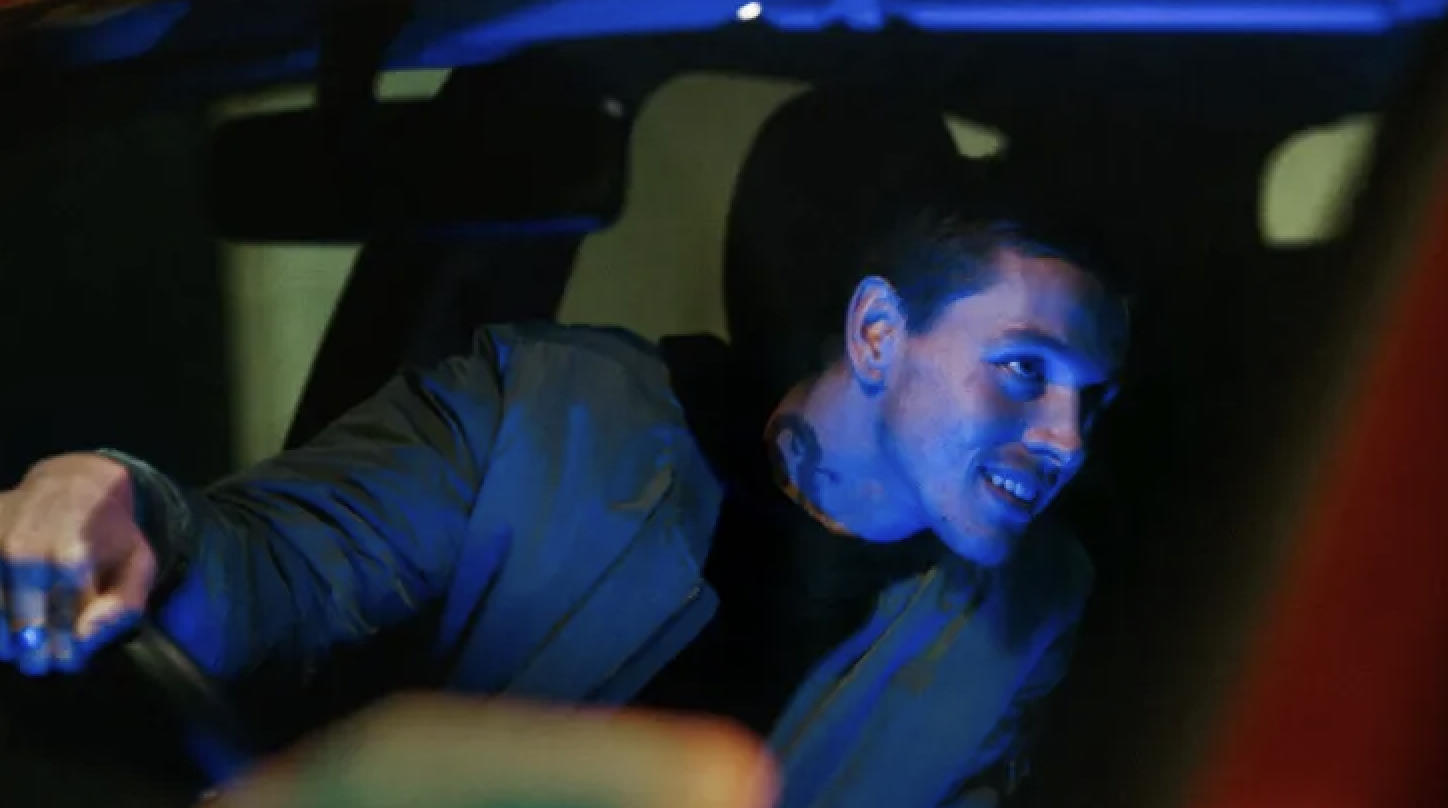
Ben: So for young film students such as myself, what steps would you recommend to make it into such a competitive industry?
Sam: We’ve had a few chats about this recently. Obviously this is our first short film and we won the BIFA and now we’re BAFTA nominated, which feels like a “you’ve come out of nowhere and had this huge success” moment and that rarely happens. But whilst that’s a lovely mythology for us, I’ve been screenwriting for 6 years now.
NG: And I’ve been directing theatre for 10 years. So we might be first time filmmakers but we aren’t first time storytellers. It meant that when the opportunity came to make a film we were ready for it.
Sam: It also meant we developed access to an opportunity. Agile studios, where we are right now working on something else, we were able to walk in and pitch an idea for a feature and they were like “well you’ve never directed film before” but were able to look at our backgrounds and say “we will fund a short film for you as we believe you can do it, we just want you to prove it”. A lot of our confidence came from the experience that we had. Obviously the big barrier in film is funding, but with a great story you can make something with little money. But generally you break into the industry with small steps, and whilst it looks like we jumped in from nowhere really we’ve been working on it for quite a long time.
Ng: For the most part of my career I spent it wondering “where is the door?” and then you continue doing the little things that you’re doing until it all adds up to something. The anxiety is real but you’ve just got to hold your nerve.
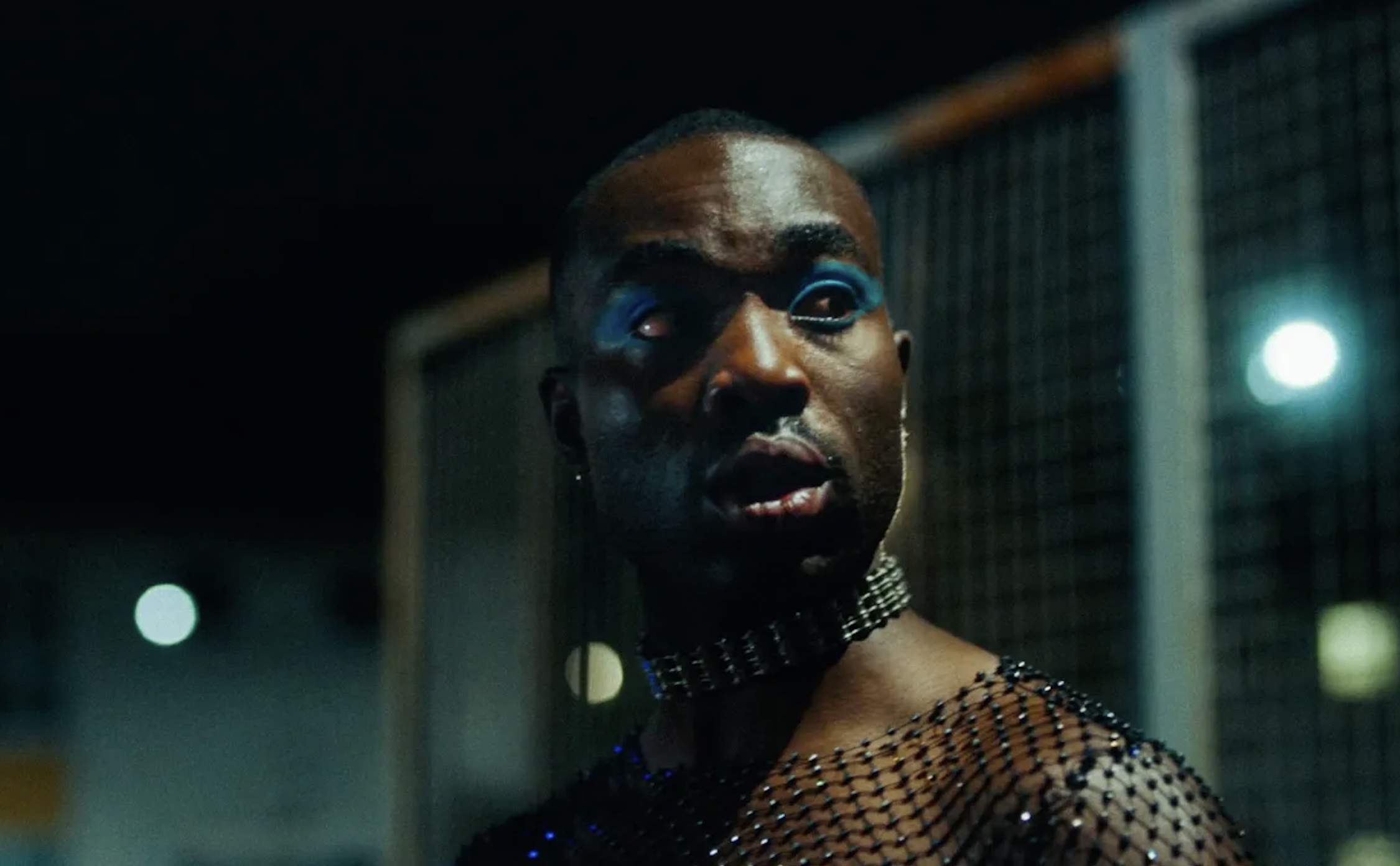
Ben: How did it feel receiving the BAFTA nomination for Best Short Film on February 3rd? Where were you when you received the nomination and what’re your plans for the ceremony?
Sam: I was on a mad deadline for something else and I took a break to watch the live announcement of the nominations, which they did not announce the short film nominations on. So we were all sat there, my parents and family were sat there, and they didn’t announce it. They then said for the full list go to the website so I did. And you have to scroll all the way down and every time I’d scroll I’d think “you don’t wanna know” and they have a little thumbnail of the nominated piece and I saw Jordan’s (Paapa Essiedu) face and was like ARGH!!!
NG: I was doing something else, I was trying to get some admin done and I got a text from Sam in all caps saying “WE’RE NOMINATED”.
Ben: It’s amazing it really is. You talk to people at university and this is what people dream of. This must be an out of this world scenario, I can’t imagine how it must feel.
Sam: It’s unreal, it takes a few days for it to sink in. And then you have a moment where you’re really excited and then you think ok alright so the ceremony is coming up and also who is actually going to win. And it’s surreal and amazing; like a dream come true.
Featured Image: IMDB
What did you think of this year's BAFTA awards?

